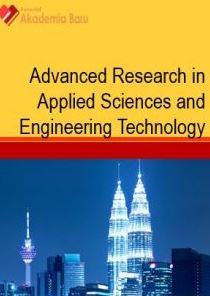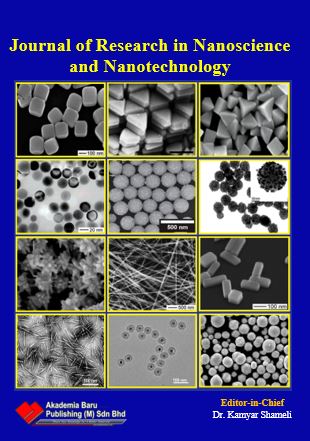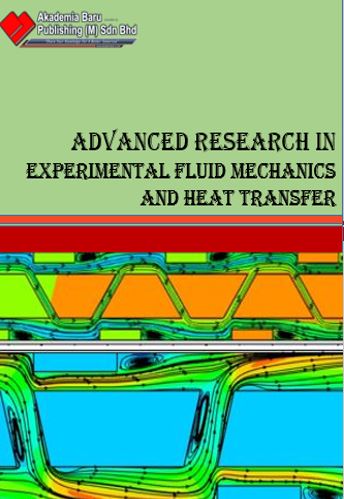Unsteady MHD Boundary Layer Flow and Heat Transfer of Ferrofluids Over A Horizontal Flat Plate with Leading Edge Accretion
Keywords:
ferrofluid, boundary layer flow, heat transfer, MHD, Runge-Kutta Felhberg methodAbstract
The unsteady forced convection boundary layer flow of ferrofluids past a semi-infinite flat plate is theoretically investigated. The governing equations are transformed into uncoupled ordinary differential equations using similarity transformation. Similarity equations were solved numerically by employing the Fourth-Fifth Order Runge-Kutta Felhberg method with shooting technique. MAPLE software was used in order to obtain graphical results. This study investigates the behavior of water and kerosene suspension which contains nanoparticles of magnetite (Fe3O4) together with heat transfer analysis due to boundary layer flow. In this problem, a comparison between two different base fluids mixed magnetic particle; Fe3O4-water and Fe3O4-kerosene has been conducted. The impact of different types of volume fraction on heat transfer enhancement and fluid flow characteristics together with the effect of several leading edge and magnetic field parameters has been studied. The effects of various physical parameters on the velocity profiles, temperature profiles, skin friction and Nusselt number were investigated numerically. The obtained results of this paper are compared to regular fluid without magnetic effect and the comparison shows good agreement with the published results. It is found that, the ferrofluids velocity, temperature and heat transfer rate increases with an increase magnetic field and nanoparticles volume fraction.





